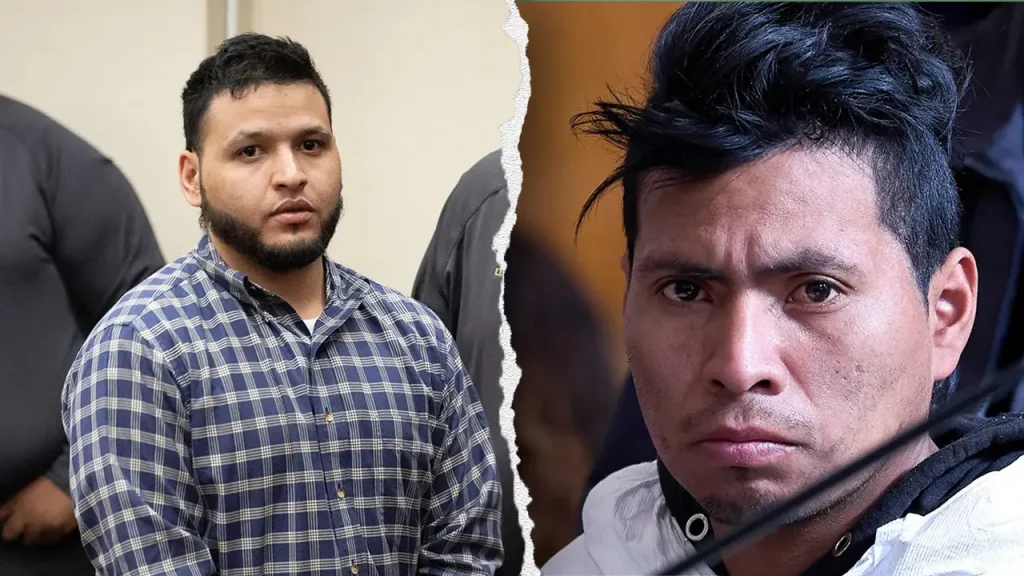The year 2024 witnessed a series of violent crimes across the United States allegedly perpetrated by undocumented immigrants, raising concerns about border security and its impact on public safety. These cases, spanning various states and involving a range of offenses from murder to sexual assault, highlighted the potential consequences of a porous border and ignited a national debate on immigration policies.
One of the most shocking incidents involved Sebastian Zapeta, a Guatemalan immigrant previously deported under the Trump administration. Zapeta was indicted on murder and arson charges after allegedly setting a woman on fire on a New York City subway train. Surveillance footage captured the horrific act, showing the suspect calmly approaching the seated victim and igniting her clothing. Zapeta’s case underscored the challenges of enforcing immigration laws and preventing individuals with prior deportation records from re-entering the country.
Another disturbing case unfolded in Georgia, where Jose Ibarra, a Venezuelan immigrant, was convicted of murdering Augusta University student Laken Riley while she was jogging on campus. Ibarra was found guilty on multiple counts, including malice murder, kidnapping, and aggravated assault. The tragic death of a young student at the hands of an undocumented immigrant fueled anxieties surrounding campus safety and the potential risks posed by individuals residing in the country illegally.
The issue of re-entry also surfaced in Michigan, where Brandon Ortiz-Vite, a Mexican citizen previously deported in 2020, was arrested for the murder of his girlfriend. Ortiz-Vite faced charges of felony murder, carjacking, and firearm offenses after the victim’s body was discovered. This case exemplified the difficulties in preventing deported individuals from returning to the United States and subsequently committing violent crimes.
In Virginia, Denis Humberto Naverette Romero, a Honduran national, was arrested and charged with abduction with intent to defile and rape after allegedly attacking a woman on a hiking trail. Romero’s arrest brought to light his extensive criminal history, including prior sexual assaults and indecent exposures, raising questions about the effectiveness of the criminal justice system in handling repeat offenders and the potential dangers posed by individuals with a history of violence.
A particularly horrific case involved Julio Cesar Pimentel-Soriano, a Dominican Republic native wanted for murder in his home country. Pimentel-Soriano was arrested for allegedly murdering a family of four in their New York home, including two young children. The brutality of the crime shocked the community and raised concerns about the potential for individuals with outstanding warrants in other countries to enter the United States and commit violent acts. Pimentel-Soriano’s case highlighted the complexities of international law enforcement cooperation and the challenges of tracking individuals with criminal records across borders.
These five cases, while distinct in their details, collectively represent a pattern of violent crimes allegedly committed by undocumented immigrants in 2024. They fueled public discourse on the effectiveness of current immigration policies, the need for enhanced border security, and the potential link between undocumented immigration and crime. While these cases do not represent the experiences of all immigrants, they underscore the importance of addressing the challenges posed by illegal immigration and ensuring the safety and security of all residents within the United States. The debate surrounding immigration is complex and multifaceted, requiring careful consideration of both humanitarian concerns and public safety imperatives. These cases serve as a stark reminder of the potential consequences of a broken immigration system and the urgent need for comprehensive reform.


